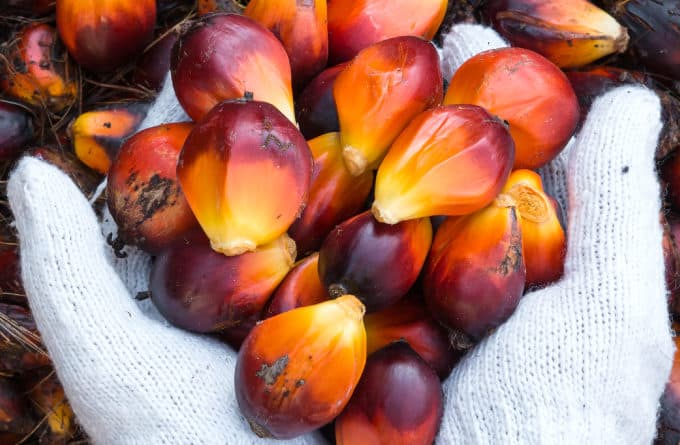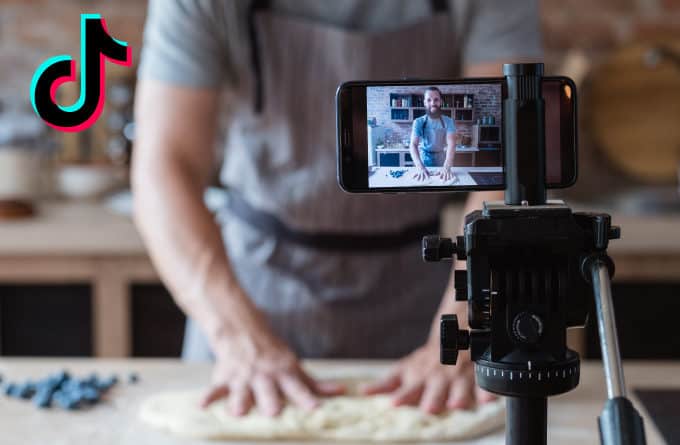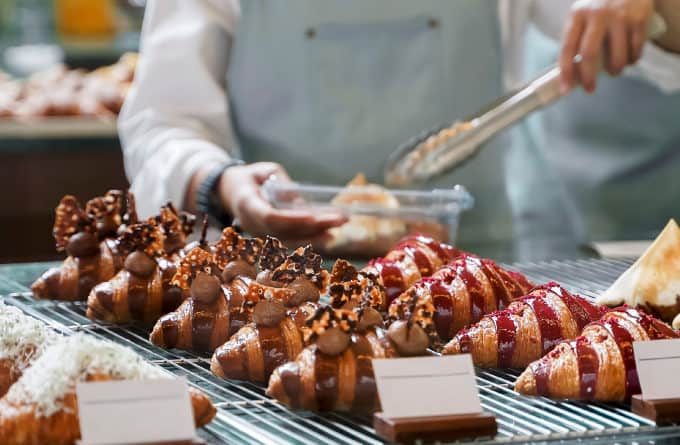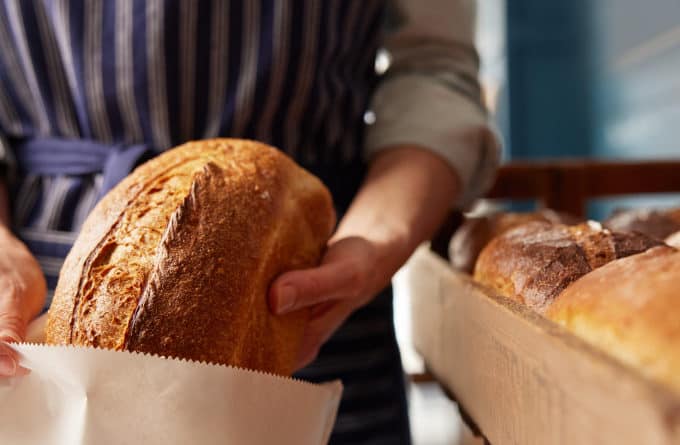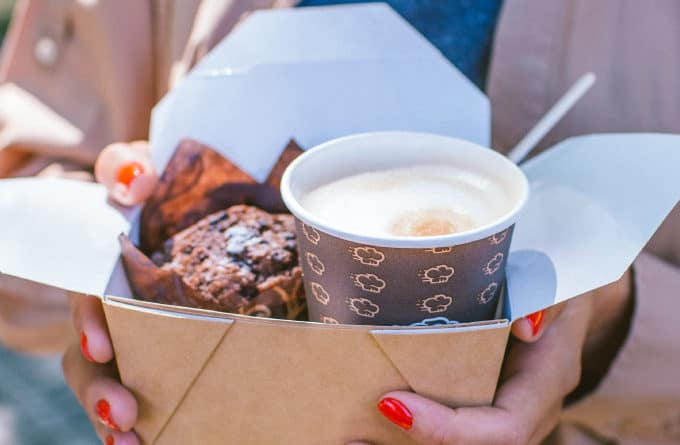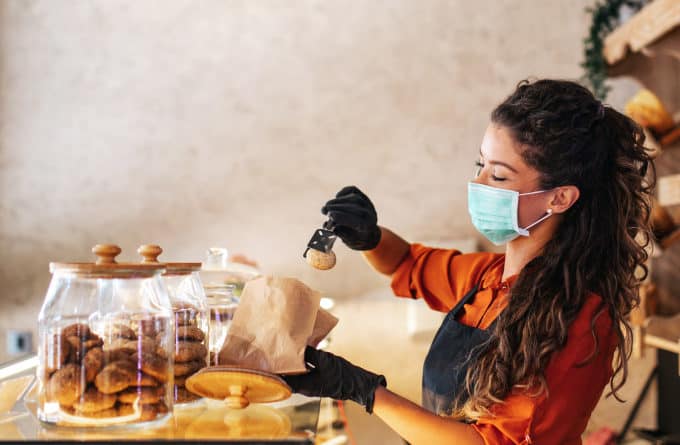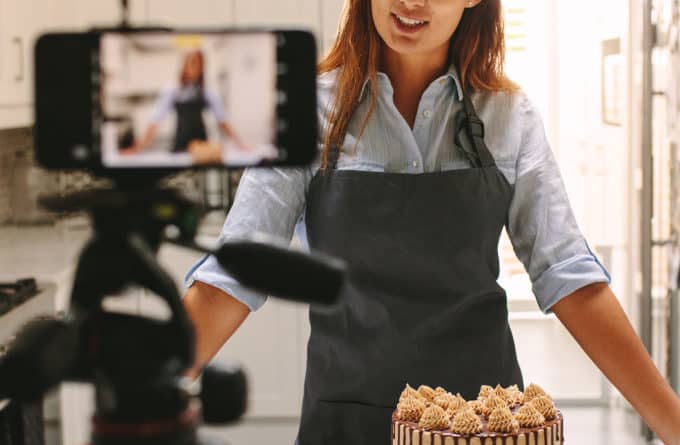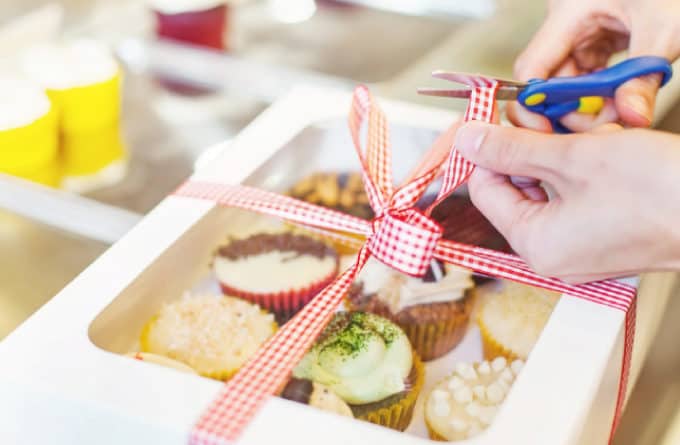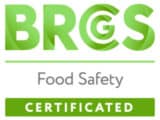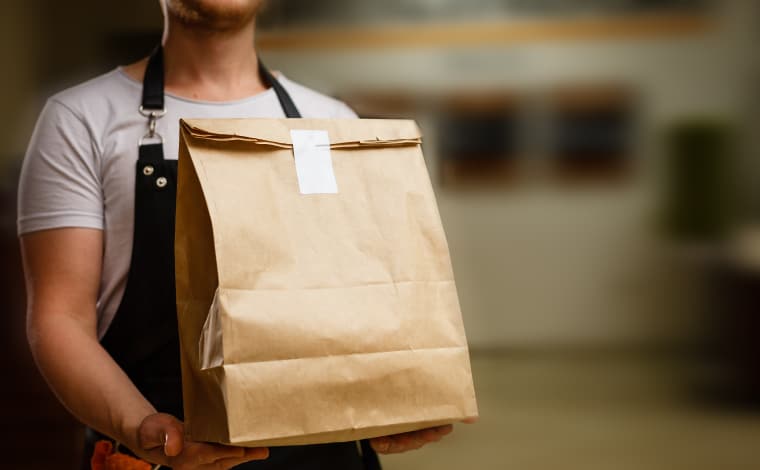
Contrary to initial fears of crises, some small and medium bakeries are finding success in adapting to COVID-19.
We explore some real-life experiences and what you can learn from them. We hope you can apply these lessons to your business.
For many independent or craft bakeries, COVID-19 looked set to spark crises. The virus has forced stores to close, which resulted in furloughing staff, and government funding or compensation still may seem a way off.
There has been – and continues to be – a fear of not financially surviving lockdown. Early on, it seemed that commercial bakeries would not feel the same repercussions as local craft bakeries.
Yet, lack of cash flow has forced these very bakers to adapt, and those that have, are reaping the benefits. They aren’t fully operational, and still have staff furloughed. Yet, they have found ways to grow their business and make sure employees have somewhere to return while keeping customers happy and supplied.
So how have they done it? And how can your bakery look to avoid hard times in years to come? Here are some lessons to take into the future.
They’ve been open for delivery, locally and nationally
Those who have had the capability, have opened themselves up to local, and sometimes even national delivery. Some bakeries have teamed up with delivery services like Uber Eats, their local grocery store, or have used their existing staff to deliver to keep hygiene standards high.
Artisan bakery Paul UK is one of these bakeries diving into delivery. Like many other small and medium stores, the bakery is quoted to have seen a spike in demand for bread products as the strain on supermarkets increased. With this demand came the need to adapt, so the bakery now offers same-day delivery.
With rapid changes such as this, there are infrastructure learning curves to deal with. In a world where the consumer takes swift delivery as a given, small and medium-sized businesses moving into this area need to be ready to deal with the demand.
Your messaging will need to state your availability and limitations clearly – if you can give time slots, then set expectations. Commercial bakeries have had years to build this infrastructure, work within your limits, and when you can expand, plan strategically.
Get Bakels Articles delivered to your inbox
Some have adopted eCommerce websites and the click and collect model
During COVID-19, some bakery owners have adopted the click and collect model we’ve seen work so well in other sectors. Two Magpies is one such UK bakery. They have been running click and collect since April.
In just one month, they saw a surplus of two thousand customers through this very service. Although they had to furlough the vast majority of their staff, the demand for bread has kept their bakery ticking over, much to their local community’s delight.
To make click and collect work for you, you’ll need to have a working website, preferably eCommerce, which advertises your products. This system will allow you to sell products on a national, or even international scale. To get the best out of moving to eCommerce and using the platform correctly, we suggest contacting a local digital agency or expert.
Is it time to go cashless?
Before now, craft bakeries might have relied on cash payments, especially smaller local businesses. With the need for higher standards of cleanliness and increased risk to staff, going cashless has been the norm since March.
One survey, cited by Small Business Trends, showed that 83% of small businesses that accepted credit cards saw increased sales. So if this is something you’ve been putting off, now might be the time to invest. With hygiene a big concern to customers during the lockdown, cashless payments might be a habit that is hard to break moving forward. It’s projected that by 2027, we’ll make 58 per cent of all payments via cards. The virus may just be hurrying local business onto an investment that will one day be necessary to thrive.
There are plenty of cashless infrastructure options available for your bakery. To get clued up on the options available, try this article on some of the best on the market.
Will social be your next saviour?
Some of you have found inclusive ways of sharing information and a passion for baking in these difficult times. London Borough Market-based baker “Bread Ahead” has taken to social media to host online baking classes. At 14:00, every week-day, they go live on Instagram to their (now) 178 thousand followers.
This impressive social media showing has reportedly earned them increased sales and increased engagement with the brand, on top of more sales and collections from their Chelsea and Wembley stores.
Bread Ahead are not alone in their taking to social media to increase local and national awareness during COVID-19. Social media is a place where many small businesses can share their identity and find new audiences.
Engagements have increased on average by 44 engagements per day across all networks and industries due to the virus. So, being active on a channel might never have been so attractive. If you’re looking to get started on Instagram, but have little experience, this article will help you learn.
It seems like social media is a place small and medium bakeries that want to be heard should be.
Is it time to take baking online?
Among all these changes and adaptations small and medium-sized bakeries have had to make during COVID-19, it begs the above question.
The move to digital, and embracing delivery and social channels is set to see some bakeries through this crisis with a story to tell, and jobs to offer.
In future, we can only hope the bakeries across the UK will be better prepared, and the local communities continue to support them. We hope that some of these examples of success have inspired you or given you ideas. If you need any help with ingredients or recipes, now, or in the future, you can always contact us – or make your order online.


